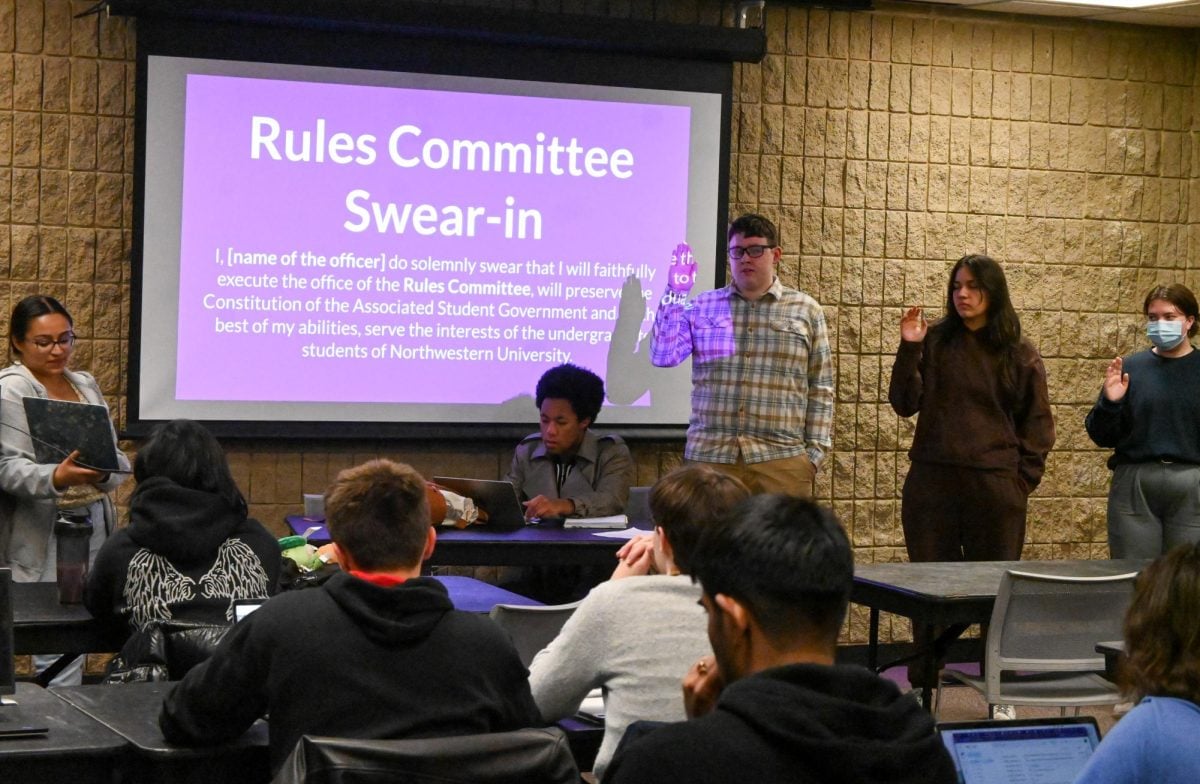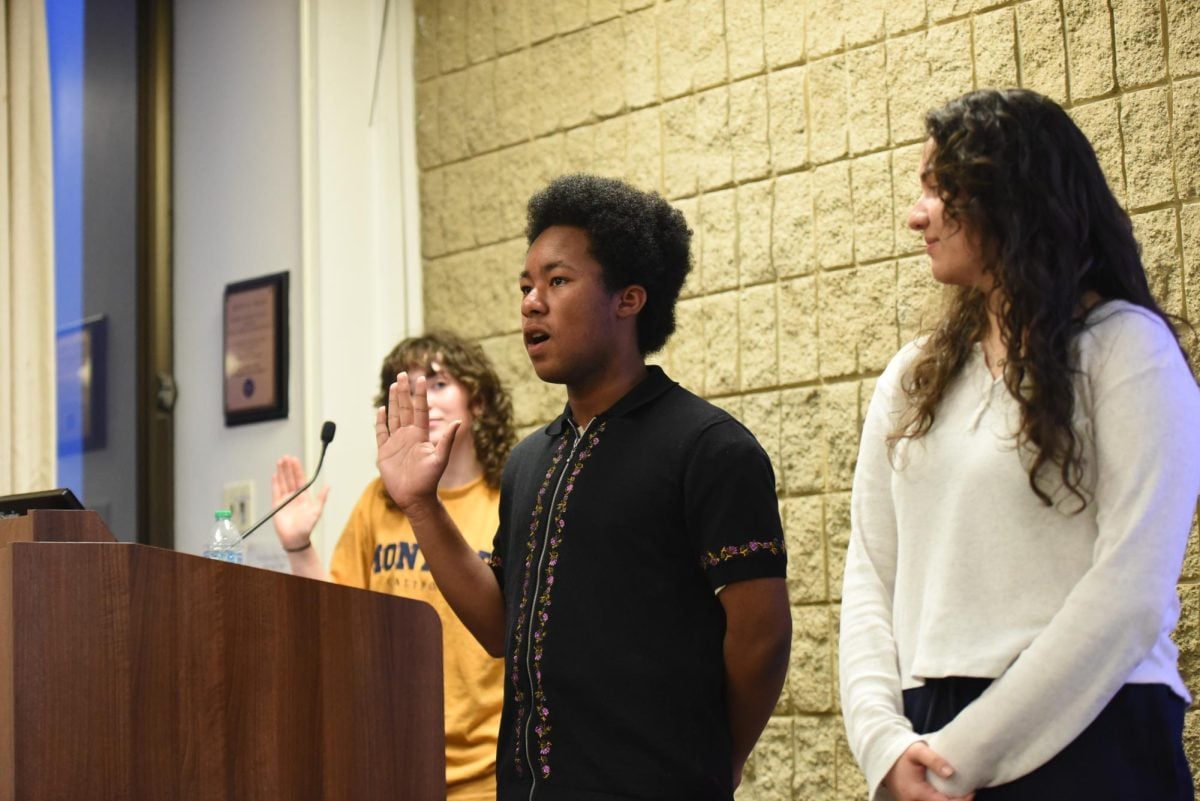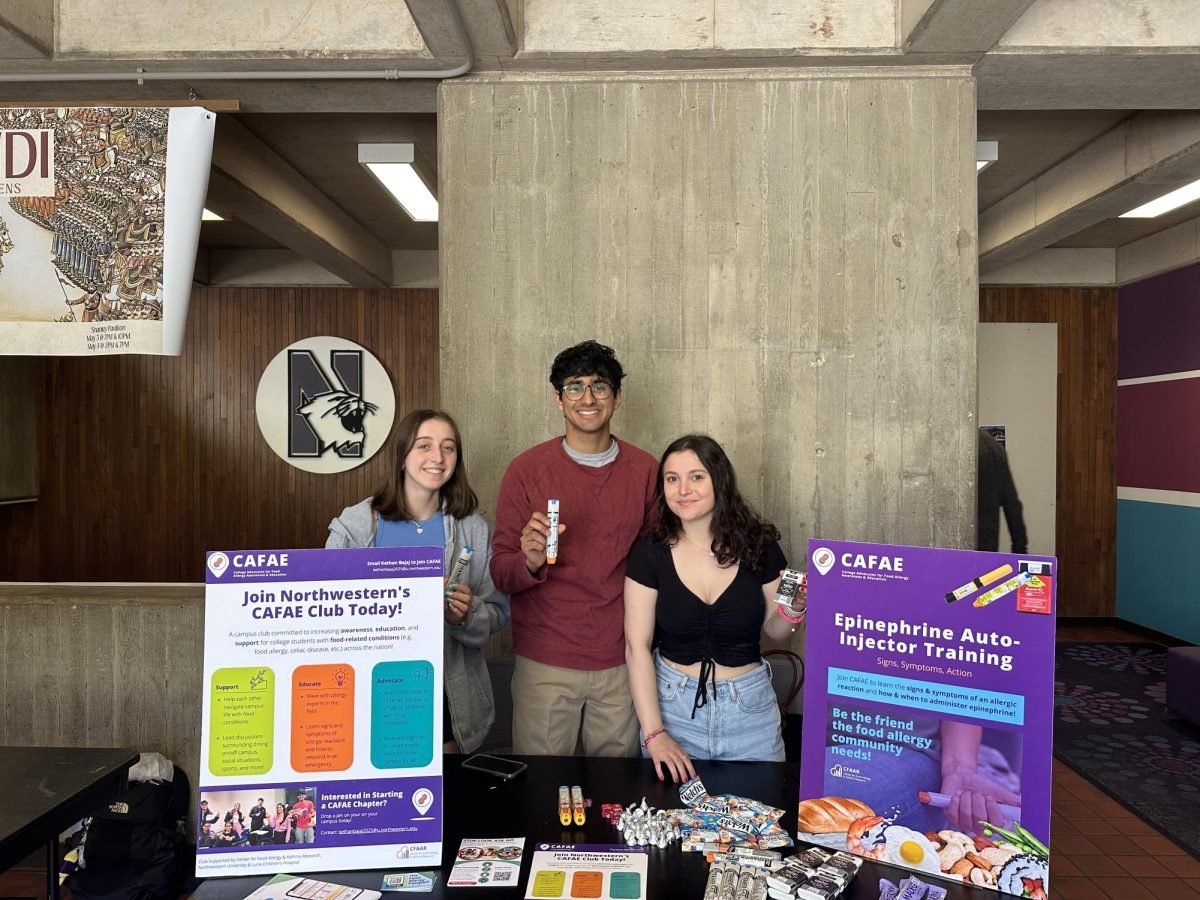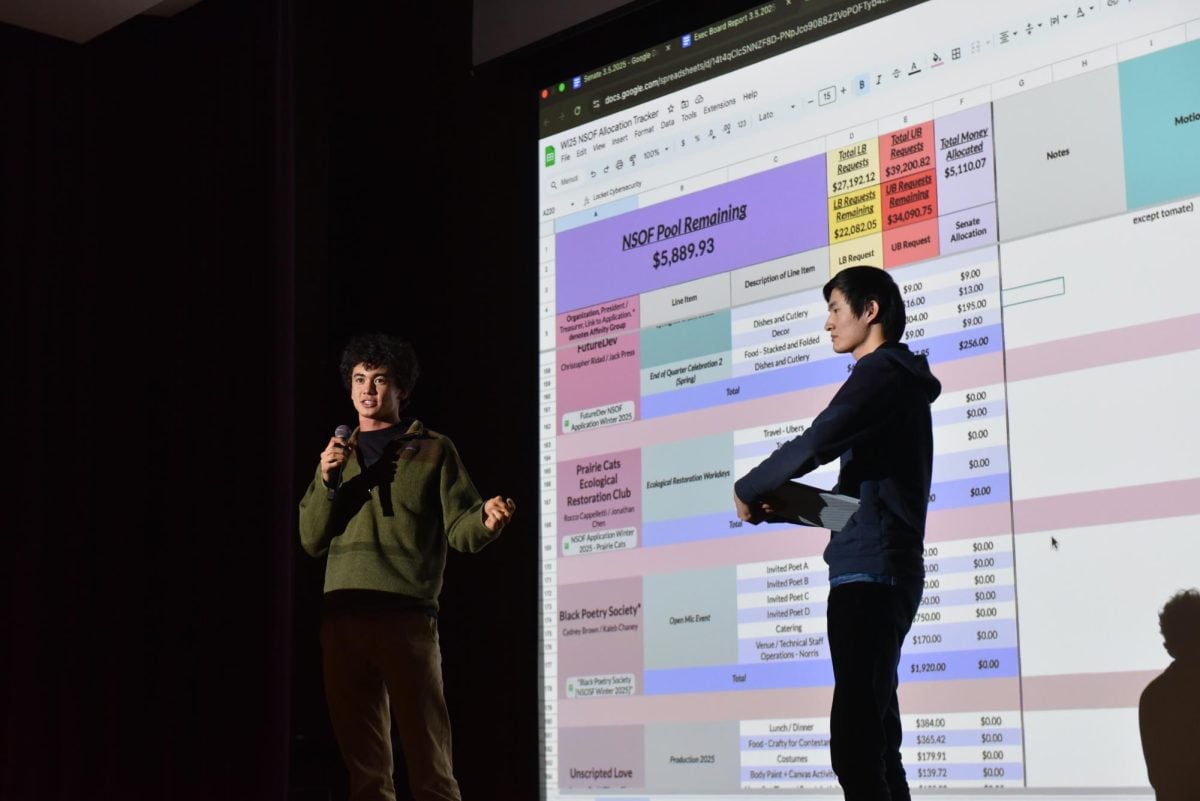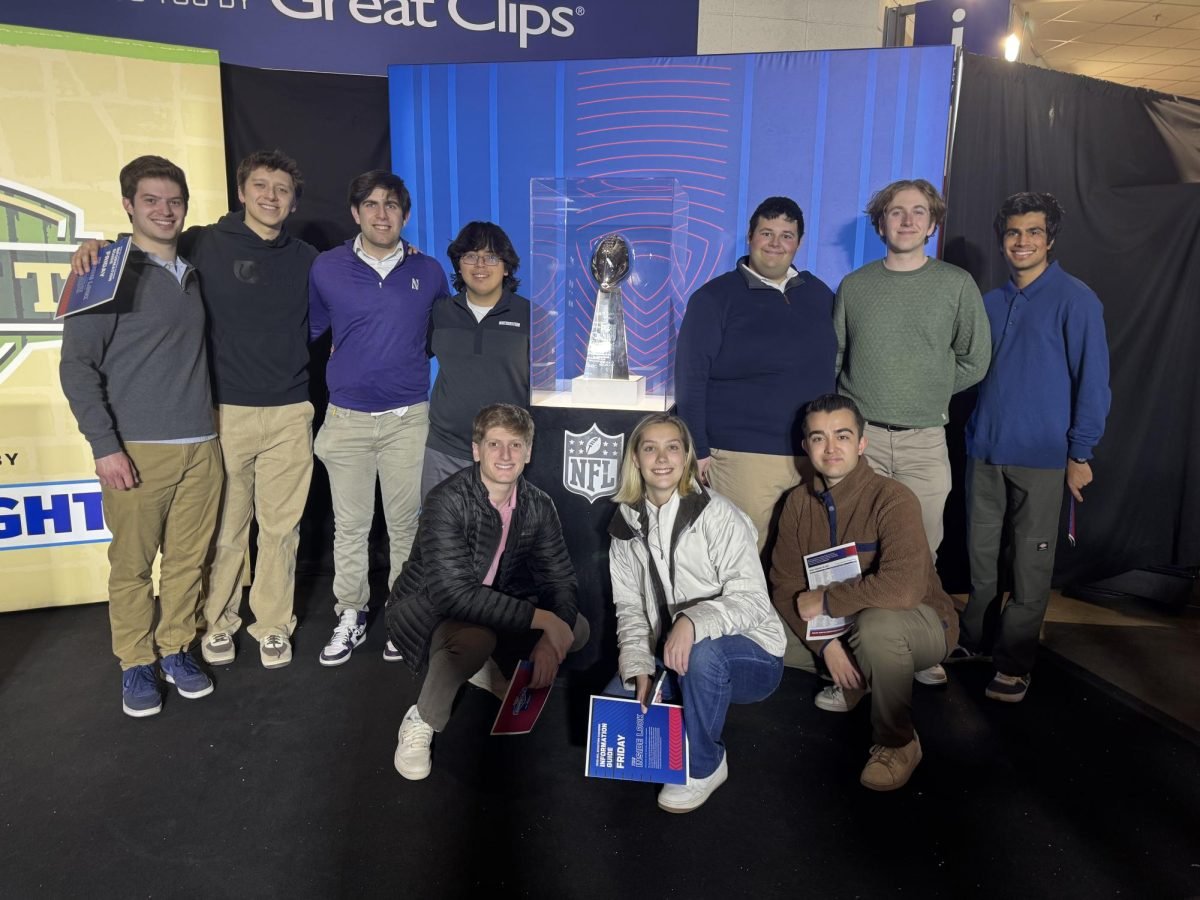This is part one of The Daily’s five-part series on Associated Student Government. Check back throughout the week for further installments, with one story being released each day.
In an otherwise routine interview with The Daily last month, University President Morton O. Schapiro became noticeably more animated at the mention of Associated Student Government.
Triggered by a general question about the result of the ASG election two weeks before, Schapiro went out of his way to make a point about the low student voter turnout.
“I don’t think students have any idea of the role their elected representatives play here in the allocation of resources at Northwestern,” Schapiro said. “If they knew the role that these students played, (election turnout) wouldn’t be 40 percent, it would be 95 percent.”
Calling it the most effective student government he had seen in almost 35 years of academia, Schapiro said administrators usually look at ASG’s suggestions and “try to bend over backward to get what they want.”
Among students, of course, the opinion of ASG is a little different. Many students view ASG as unrepresentative, or worse, unimportant.
How is it that an organization viewed so poorly by students can be so effective in lobbying for their interests?
BUYING IN
Are you a customer or a partial owner?
This is the question ASG President Claire Lew likes to pose to NU students, particularly when she hears oft-repeated gripes of ASG’s ineffectiveness.
The way Lew sees it, ASG is the best student organization on campus in terms of communicating directly with the administration.
“I point to the facts,” she said. “We meet with University administration more than any other body on campus. We are taken more seriously than any other body on campus by the administration, in terms of our exposure with students. This is all ASG does, this is why it exists.”
Lobbying is about as old as the political process itself. And if NU were composed of various interest groups, ASG would represent that of the students, sometimes pitted against that of the faculty or graduate schools, former ASG President Mike McGee said.
If ASG is good at one thing, it is serving as a vehicle, taking ideas from their inception-a student suggestion or a widespread complaint-and spinning them into proposals for the administration.
Where things get tricky is in the implementation stages.
McGee pointed to the example of a widespread student complaint that he fielded numerous questions about during his time on ASG: NU’s lack of U-Passes for all students to use on Chicago public transportation.
On the ASG website, the topic is listed at the top of the frequently asked questions. The way McGee explains it is student support is not nearly universal enough to merit adding the cost of a U-Pass to tuition, nor is it likely students would get their money’s worth.
“You would need to be riding the El to and from Chicago at least twice a week,” he said.
ASG’s research shows most students go into Chicago three to five times per quarter. The research took time that falls under the umbrella of the lobbying process and the results of which never came to fruition in the form of a program. Instead, it came as an item on ASG’s website-the problem being how many students actually access the site, since McGee said he continued to get questions about the U-Pass even after the FAQ was posted.
“There’s definitely a lot of confusion about how the University really works,” Lew said, “and how lobbying can really bridge the gap that’s perceived between students and the administration.”
Many students don’t know, for instance, the University has a committee dedicated to determining the fees they pay for parking tickets, and there is a sympathetic ear on that committee: a fellow student.
In fact, Lew said there are close to 30 University committees on which students, both ASG and non-ASG members, serve. Lew said ASG has not done a great job in the past of filling those positions.
“Anything from parking to CTECs to minority enrollment at NU, there is a committee for it, and most have a spot, whether filled or not, for a student,” Lew said. “A lot of people have no idea that these committees exist. We want to make it so that if you have a problem, for instance, ‘Why does my parking ticket cost so much?’ you have access to the student representative on that committee to ask that question.”
Lew said ASG is in the process of streamlining the vetting of candidates for these committee appointments to ensure it has student representatives who are held accountable for attending committee meetings and effectively communicating between ASG, students and their committees.
Applications for these positions will go out in the fall, Lew said, and ASG will be responsible for reviewing candidates’ applications and interviewing them. Right now ASG isn’t sure which committees have student representatives beyond those on which members always serve.
In the past, student committee members have not always felt they were playing an active role.
Weinberg junior Lillian Cheng served on the University Admissions and Financial Aid Committee her sophomore year, after being appointed by former ASG President Neal Sales-Griffin. Though she said the experience was informative, she added it was more of a quarterly lecture on the latest trends in admissions than an opportunity for students to actively engage in initiatives.
“One of the things that caused me to not to continue on (with the committee) was that I thought it was a much less of a collaborative effort than an opportunity for students to gather and disseminate information,” Cheng said.
Cheng said she reported to ASG members to whom the information she received was pertinent. Because ASG did not undertake many admissions-related projects that year, her role was more like that of an information gatherer.
If ASG is going to try to make changes in the role students play on University committees, it should ensure that students are allowed to engage in more of the committees’ work, Cheng said.
“The impression I got was that these administrators were taking time out of their day to share information and that’s awesome, but students like to have a part in it,” she said.
“Even (if it’s) something as mundane as gathering data or letting a student help in drafting next year’s financial aid policy. That might be kind of a far-fetched example, but working together on any kind of project would be an amazing opportunity.”
SUCCESSFUL LOBBYING
ASG collaborated in part on the Undergraduate Budget Priorities Committee proposal approved two weeks ago that will, among other things, work to improve cell phone reception in Norris University Center and add a fall concert event to the normal A&O lineup.
Lew credits UBPC’s success in getting a number of its initiatives passed with the more than 2,000 student responses for its Winter Quarter survey.
But with voter turnout in ASG’s last presidential election at 35 percent, the message being sent by the student body isn’t much of a message at all.
McGee said lobbying can be a trial-and-error process, as was the case for wireless Internet in dormitories.
“The first year ASG lobbied for it, it just wasn’t a priority,” he said. “But then we kept bringing it back to the table, and eventually it made it to the top of the list.”
Dormitory wireless went into effect in Fall 2008 after several years of unsuccessful lobbying when funds were made available through leftover money apportioned for fire safety installation upgrades in residence halls.
LOOKING FORWARD
Walking down the path between The Arch and the Rock within the past weeks, one of the every-five-step flyers was from ASG.
“Did you know Dartmouth has a movie theater in its student center?”
These are part of ASG’s lobbying efforts for a new student center, which was list
ed among the long-term proposals the administration agreed to consider in response to UBPC’s proposal. A large part of ASG’s work in lobbying is peer institution research, which is where the jealousy-inducing flyers come into play.
“Did you know Dartmouth has a bar in their student center?”
A new student center replete with cocktails is not exactly the bread and butter of quick turnaround proposals currently on the ASG docket. For example, ASG is continuing to make improvements to the shuttle system this quarter that will go into effect as early as next fall.
But the student center initiative is off the ground, having garnered the stamp of administrative acknowledgment. ASG has moved on to rallying as much student support as possible, Lew said.
Currently ASG is circulating a petition online for students to sign.
After all, ASG’s lobbying boils down to students expressing their opinions, Lew said.
“It depends on the idea, but it can be as informal as having a conversation with an administrator, setting up an ad hoc committee and drafting a proposal,” she said of the lobbying process. “But none of it can go anywhere without enough student input.”
lkelleher@u.northwestern.edu

